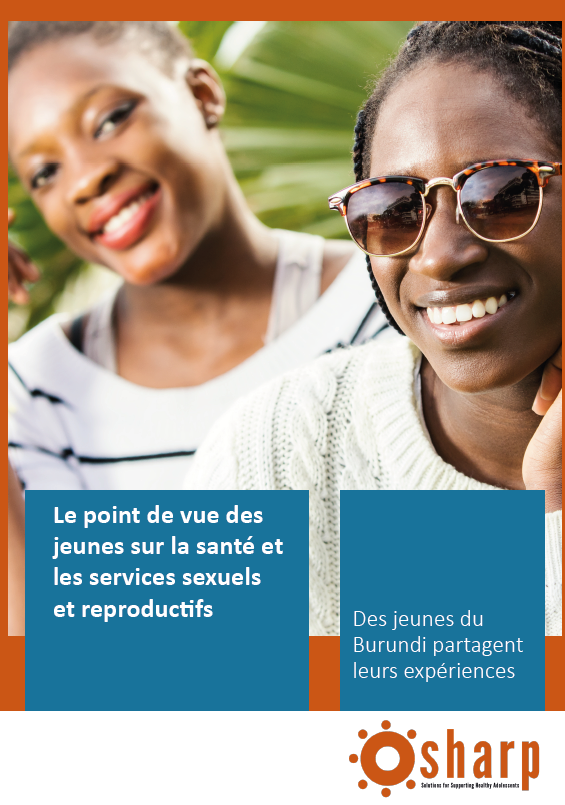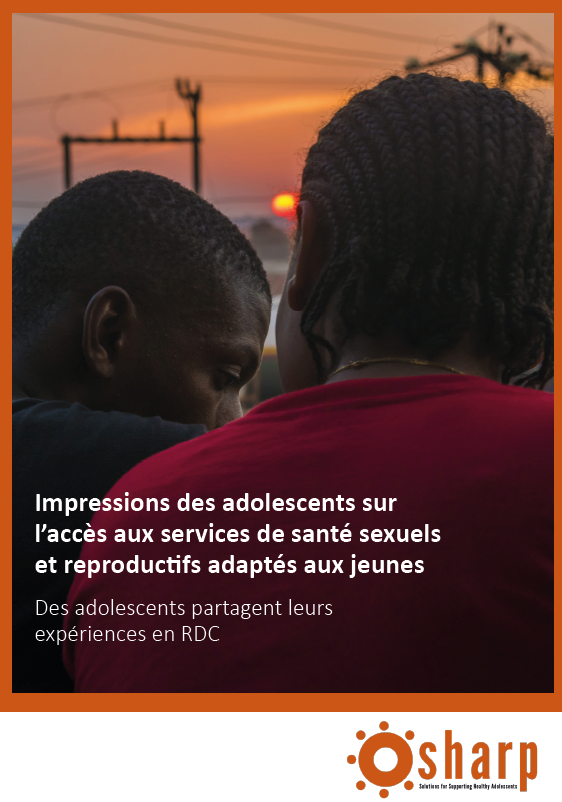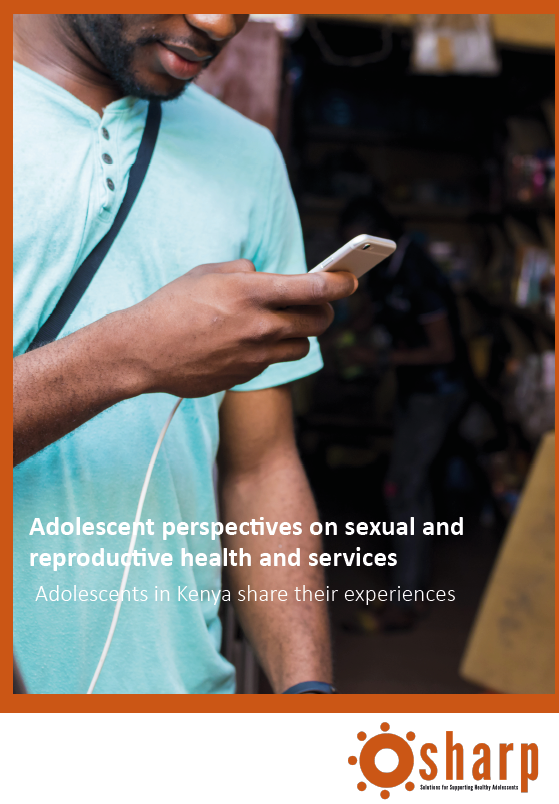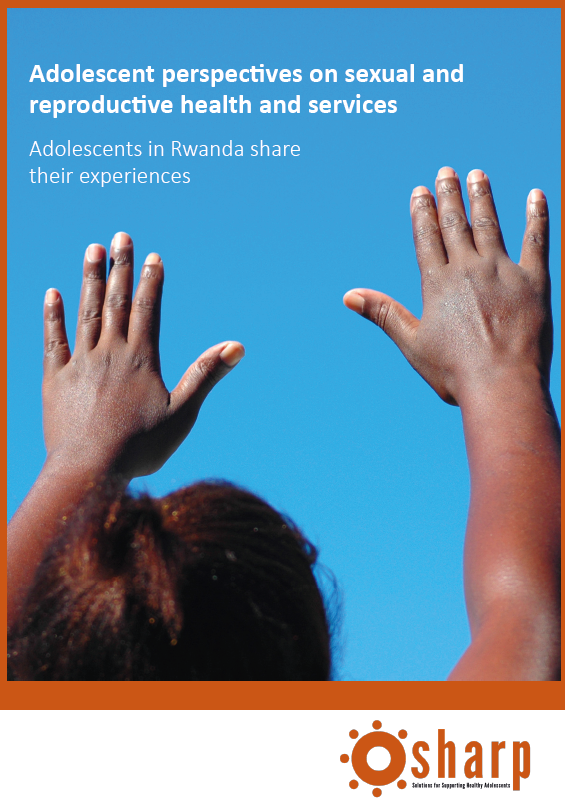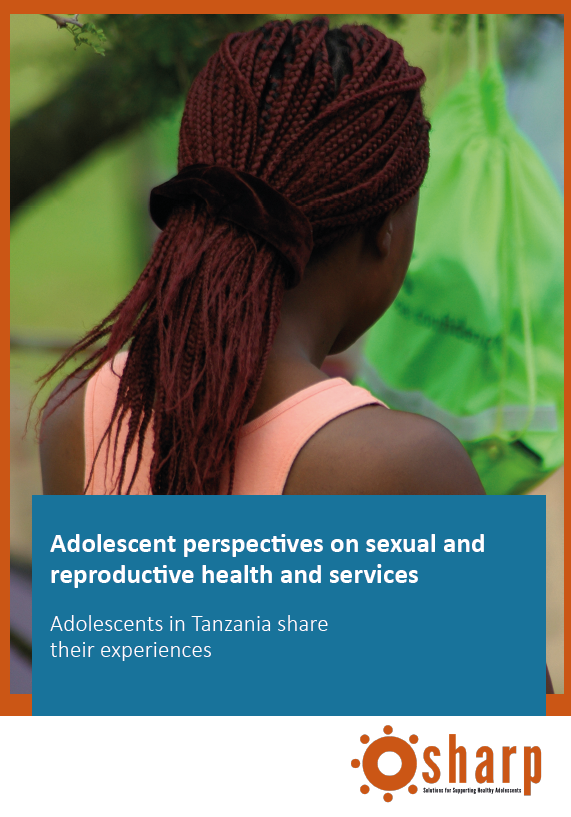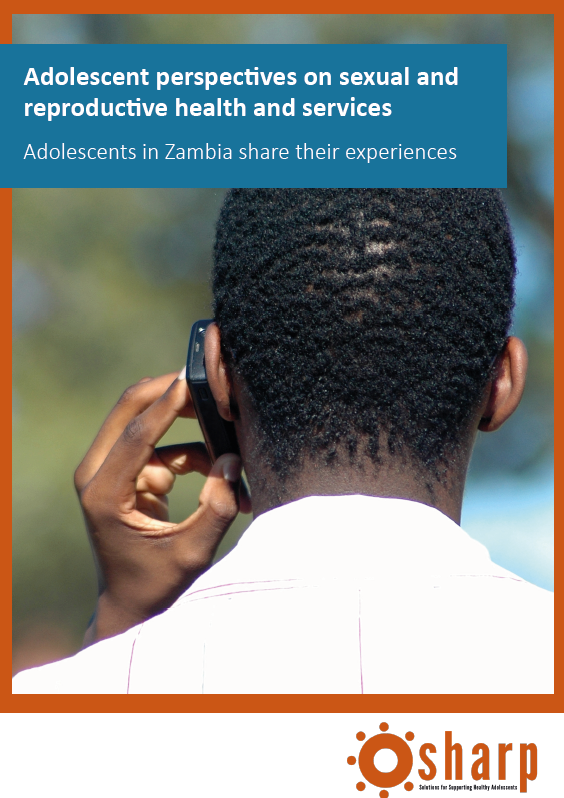Become a donor or member and support our work to advance access to medicines. For everyone. Everywhere
Across the Great Lakes region, adolescents have long been excluded from conversations about their own health. They are also given limited decision making power on the type of services and way in which they are offered through the health system. This has disastrous consequences on the uptake of services and on the health of our young populations, which ultimately affects all domains of life in our society, including school, work, family and community.
To better understand the knowledge, experiences and opinions of adolescents surrounding sexual and reproductive health (SRH), SHARP partners organised peer-moderated discussion groups for adolescents across Burundi, DRC, Kenya, Rwanda, Tanzania and Zambia. These groups were separated by sex and, with discussions with boys moderated by two male discussion leads, and a group discussions with girls by two female discussion leads. The group discussions across countries were audio recorded and anonymised. Consent was sought from the participants before the activity.
Questions varied slightly across contexts, but generally honed in on the thoughts of adolescents on topics including:
- Their understanding of what is meant by SRH
- Their experiences of accessing SRH commodities and services
- Separating fact from fiction when it comes to the use of SRH commodities
- Engagement from community leaders (faith and civic) and parents/guardians
- Barriers to accessing SRH commodities and services
- Their recommendations on improving
Below you can find the anonymised write-ups of these discussions, per country.
